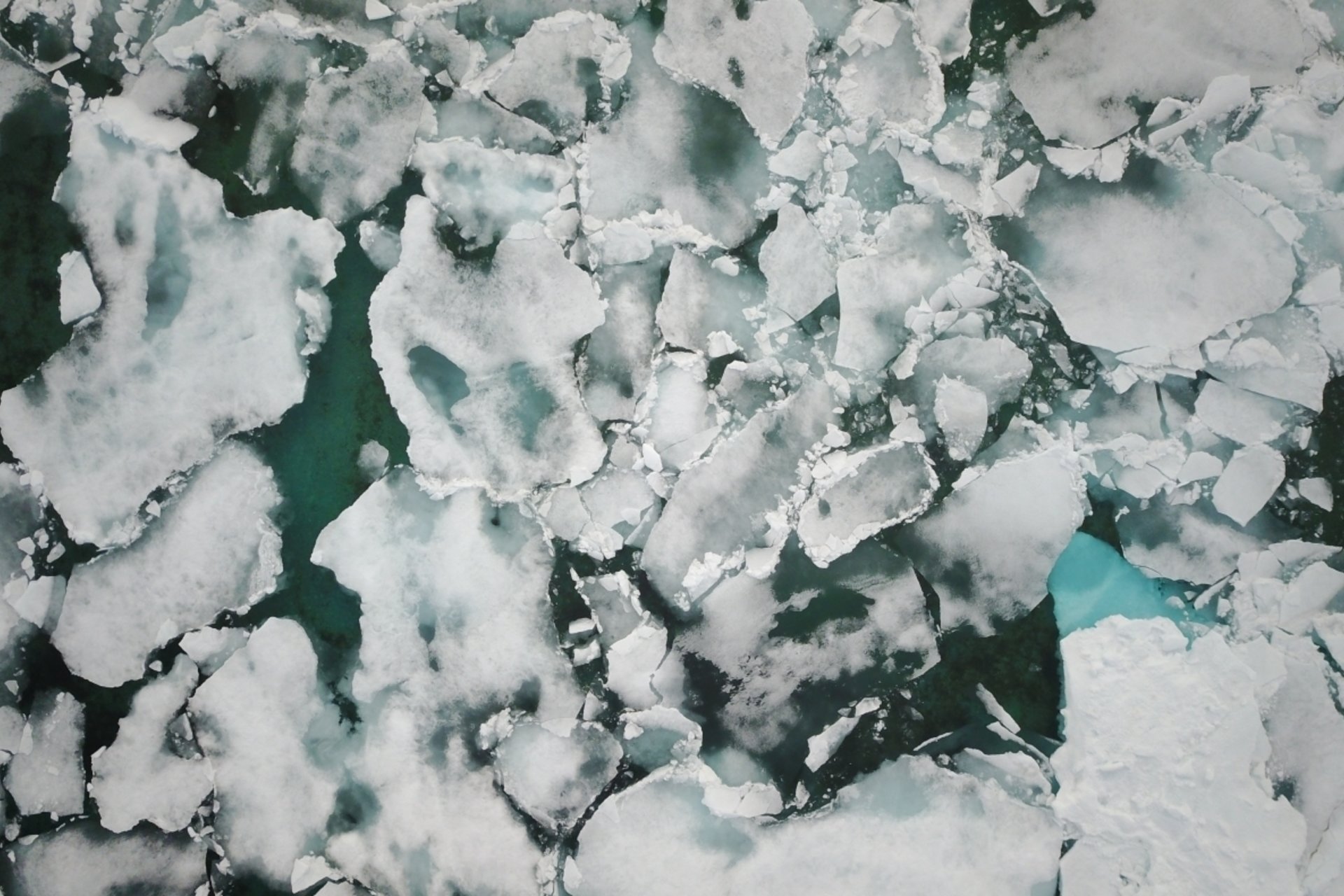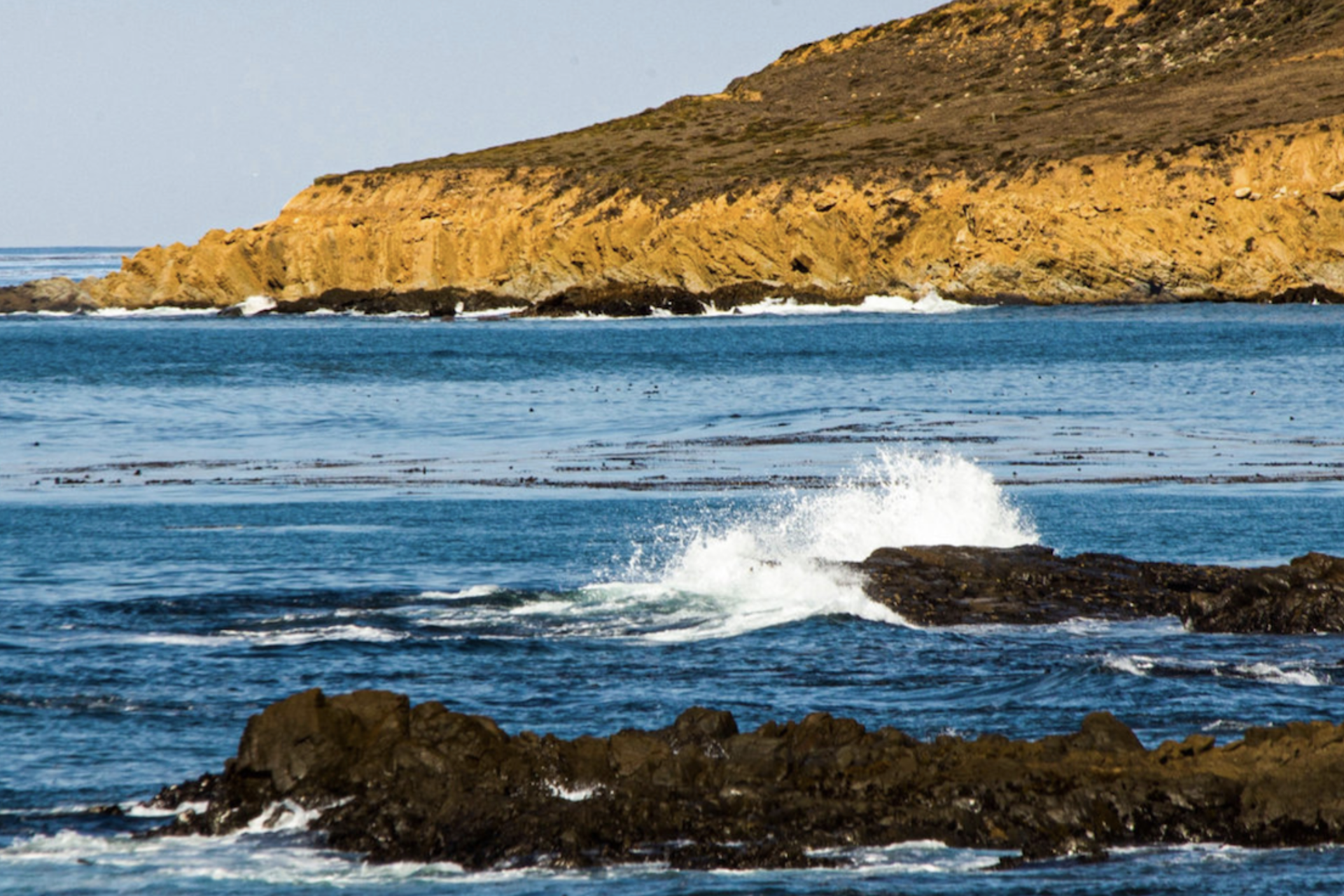Fiorenza Micheli and Jeremy Goldbogen appointed as Co-Directors of Hopkins Marine Station
Professor Fiorenza Micheli and Associate Professor Jeremy Goldbogen have been appointed to jointly lead Hopkins Marine Station for a two-year term. They look forward to facilitating and advancing inclusion, mentorship, education, and research at the Pacific Grove campus.
Dr. Fiorenza Micheli joined Stanford in 2001, where she is currently the David and Lucile Packard Professor of Marine Science at Hopkins Marine Station and Co-Director of Stanford’s Center for Ocean Solutions. Her research focuses on the processes shaping marine communities and coastal social-ecological systems. She investigates climatic impacts on marine ecosystems, particularly the impacts of and adaptation to warming, hypoxia and ocean acidification in marine species, communities and fisheries, marine predators’ ecology and trophic cascades, the dynamics and sustainability of small-scale fisheries, and the design and function of Marine Protected Areas.
Dr. Jeremy Goldbogen joined Stanford in 2014 and is currently Associate Professor of Biology at Hopkins Marine Station, where he studies the integrative biology of vertebrate filter feeders from forage fish to baleen whales. Current research integrates data from multi-sensor tags, remote sensing, and advanced bio-imaging to understand the mechanisms of foraging in the world's largest whales, such as humpback whales, fin whales, and blue whales. He has received a Young Investigator Award from the Office of Naval Research and Stanford's Hoagland Award for Teaching Innovation.
Explore More
-
The inaugural awards will enable research teams to pursue interdisciplinary ocean and coastal projects that address impacts of environmental change in the Bay Area and beyond.
-
A new research partnership will combine Indigenous and scientific knowledge to monitor marine life in a sacred tribal region that may be a bellwether of how native species will fare in the face of climate change.



